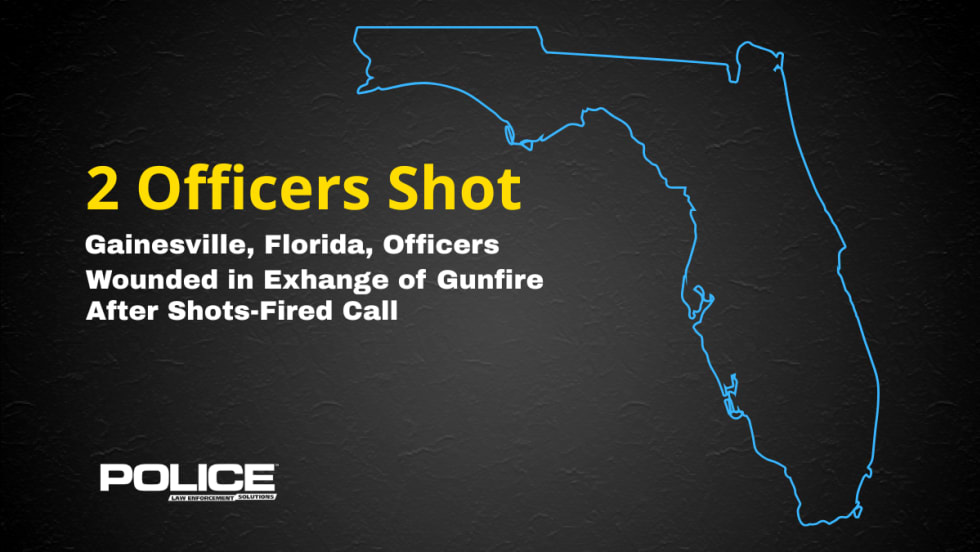A federal jury convicted a former police officer Monday of attempting to provide material support to the Islamic State of Iraq and al-Sham (ISIS), a designated foreign terrorist organization, and obstruction of justice.
“Nicholas Young swore an oath to protect and defend, and instead violated the public’s trust by attempting to support ISIS,” said Dana J. Boente, assistant attorney general for the Justice Department’s National Security Division and U.S. Attorney for the Eastern District of Virginia. “I want to thank the FBI’s Washington Field Office, the Metro Transit Police, and the trial team for their tireless work and dedication to this case.”
According to court records and evidence presented at trial, Nicholas Young, 38, of Fairfax, was formerly employed as a police officer with the Metro Transit Police Department. In late July 2016, Young attempted to provide material support and resources to ISIS by purchasing and sending gift card codes that he believed would allow ISIS recruiters to securely communicate with potential ISIS recruits.
Between Dec. 3, 2015, and Dec. 5, 2015, Young attempted to obstruct and impede an official proceeding. In specific, Young believed an associate of his, who was actually an FBI confidential human source (CHS), had successfully joined ISIS in late 2014. During an FBI interview, Young was told the FBI was investigating the attempt of his associate (the CHS) to join ISIS. Nevertheless, in an attempt to thwart the prosecution of the CHS and himself, Young attempted to deceive investigators as to the destination and purpose of the CHS’s travel.
Additionally, in November 2014, Young attempted to obstruct, influence, and impede an official proceeding of the Grand Jury by sending a text message to the CHS’ cell phone in order to make it falsely appear to the FBI that the CHS had left the United States to go on vacation in Turkey. In actuality, Young believed the CHS had gone to Turkey and then to Syria in order to join and fight for ISIS.
Young faces a maximum penalty of 60 years in prison when sentenced on Feb. 23, 2018. The maximum statutory sentence is prescribed by Congress and is provided here for informational purposes, as the sentencing of the defendant will be determined by the court based on the advisory Sentencing Guidelines and other statutory factors.











